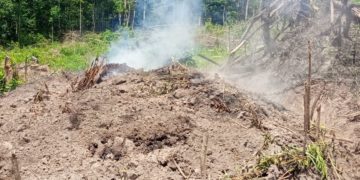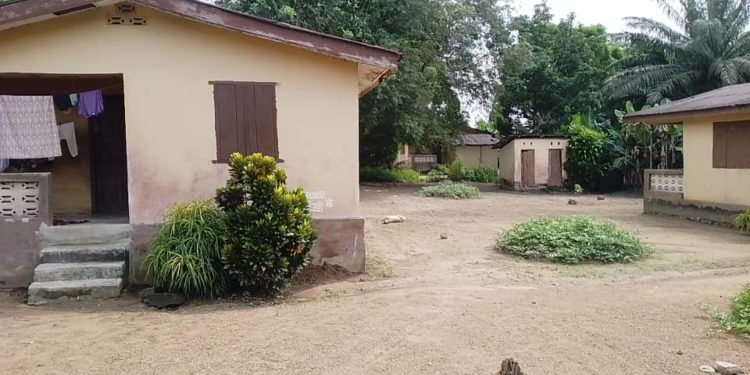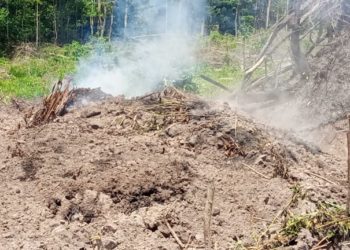By Brima Sannoh, Pujehun
In the quiet, sun-scorched town of Pujehun, southern Sierra Leone, the scars of a brutal civil war linger not only in the physical landscape but in the lives of those who survived its horrors. Over two decades after the end of the conflict, amputees and war-wounded individuals in Pujehun District continue to endure neglect, their health deteriorating as promises of lifelong medical care remain unfulfilled.
The Sierra Leonean civil war, which raged from 1991 to 2002, left a trail of devastation. Thousands were killed, and countless others were maimed by rebel forces, particularly during the notorious “Operation No Living Thing” phase of the conflict. Pujehun, a district near the Liberian border, bore the brunt of the violence. Villages were razed, families torn apart, and scores of civilians subjected to unimaginable brutality, including forced amputations.
In the early 2000s, survivors were relocated to five amputee camps across the district: Konaleh, Tongay Road, Yoni One and Two, and Barracks Road. Initially supported by international organizations like the Norwegian NGO, these camps provided basic necessities such as food, clothing, and rudimentary healthcare. However, when the Sierra Leonean government assumed responsibility for the camps, conditions began to deteriorate. Today, the settlements are shadows of their former selves, with many residents succumbing to illness, poverty, and despair.
A Life of Pain and Abandonment
Fatorma Kallon, a 38-year-old amputee, sits beneath a mango tree outside his crumbling quarters at the Yoni Amputee Camp. His shirt hangs loosely, missing buttons, and his face bears the weariness of a man who has endured too much. In 1996, rebels attacked his village, Gohun, killing his parents and severing his arms. He recalls the day with vivid pain, describing how the rebels placed his arms on sticks and hacked them off. The memory of that agony has never left him.
Fatorma, now the chairman of the Yoni camp, lives with seven other amputees. Once home to dozens, the camp now resembles a ghost town. Two residents have died in recent years due to untreated illnesses, while others have left in frustration. Access to healthcare is virtually nonexistent. Hospitals often turn them away, citing a lack of medicines, leaving them to rely on faith for survival.
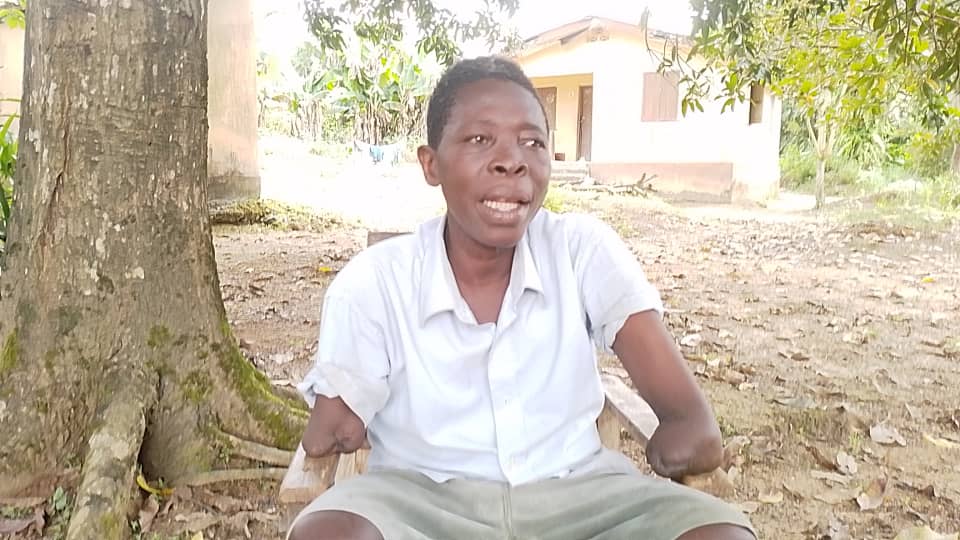
His story is not unique. Across Pujehun, amputees and war-wounded individuals face similar struggles. Many, like Aminata Kemokai, a 60-year-old woman who lost her leg to rebel machetes, rely on crutches to move. As the Interim Coordinator for the Sierra Leone Union on Disability Issues (SLUDI), Aminata has witnessed the systemic neglect of disabled war victims. She emphasizes that the 2011 Disability Act, which promises medical assistance, remains unimplemented, leaving amputees to fend for themselves.
Broken Promises and Unmet Needs
In 2004, Sierra Leone’s Truth and Reconciliation Commission (TRC) recommended lifetime medical care for amputees and war-wounded individuals, including free primary healthcare for their spouses and children under 18. The aim was to alleviate the financial burden of treatment and ensure access to essential services. However, two decades later, these recommendations remain largely unimplemented.
The government’s Free Healthcare Initiative, launched in 2010 to reduce maternal and child mortality, was later expanded to include Ebola survivors and persons with disabilities. Yet, the program has been plagued by chronic shortages of medicines, inadequate funding, and a lack of trained healthcare personnel. Sualiho Vargil Koroma, District Coordinator of the Health for All Coalition, acknowledges the challenges. He notes that while allegations of disabled persons being denied care are widespread, concrete evidence is scarce. The program itself, he admits, is struggling to meet its objectives.
For amputees like Fatorma and Aminata, the failure to deliver on these promises has had dire consequences. The National Commission for Social Action’s (NaCSA) Social Safety Net program, which provided cash transfers in 2023, offered a brief glimmer of hope. However, the support was short-lived, leaving amputees once again in dire straits.
A Glimmer of Hope?
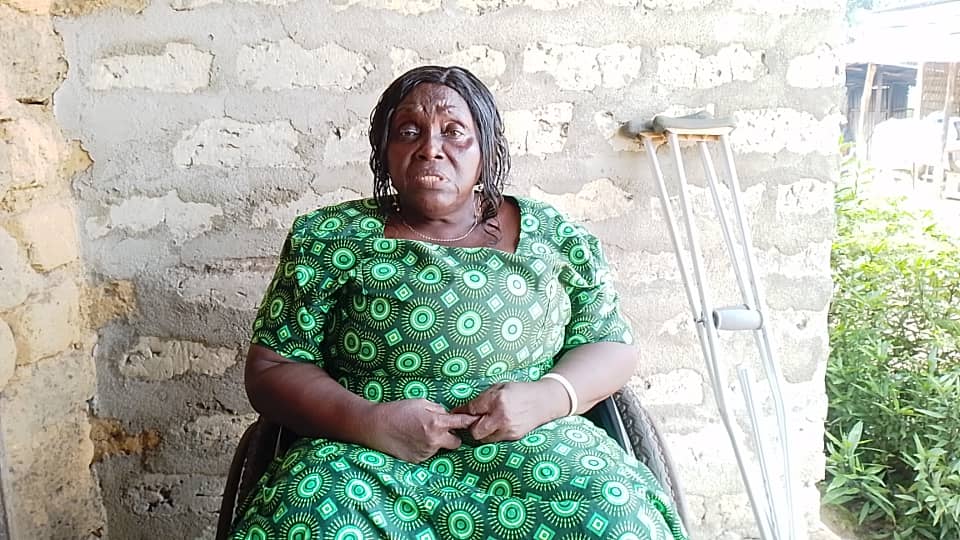
Despite the overwhelming challenges, some efforts are being made to improve the lives of disabled war victims. The Ministry of Social Welfare, in collaboration with partner organizations, provides assistive devices such as crutches, wheelchairs, and prosthetics. Abdulai Koroma, Senior District Services Officer for the ministry, emphasizes their commitment to ensuring that persons with disabilities live with dignity.
However, these measures fall short of addressing the systemic issues faced by amputees and war-wounded individuals. As Nixon Colier, NaCSA’s District Coordinator for Pujehun, declined to comment on the matter, questions about the sustainability and effectiveness of government programs remain unanswered.
A Call for Action
The plight of Pujehun’s amputees is a stark reminder of the long-term consequences of war and the urgent need for accountability. As Sierra Leone continues its journey toward recovery and reconciliation, the voices of its most vulnerable citizens must not be ignored. For Fatorma, Aminata, and countless others, the promise of a better future remains elusive.
The government, they say, must remember them. They are not just survivors of the war; they are human beings who deserve to live with dignity and hope.
This story was produced with support from the African Transitional Justice Legacy Fund (ATJLF), through the Media Reform Coordinating Group (MRCG), under the project Engaging Media and Communities to Change the Narrative on Transitional Justice Issues in Sierra Leone.

